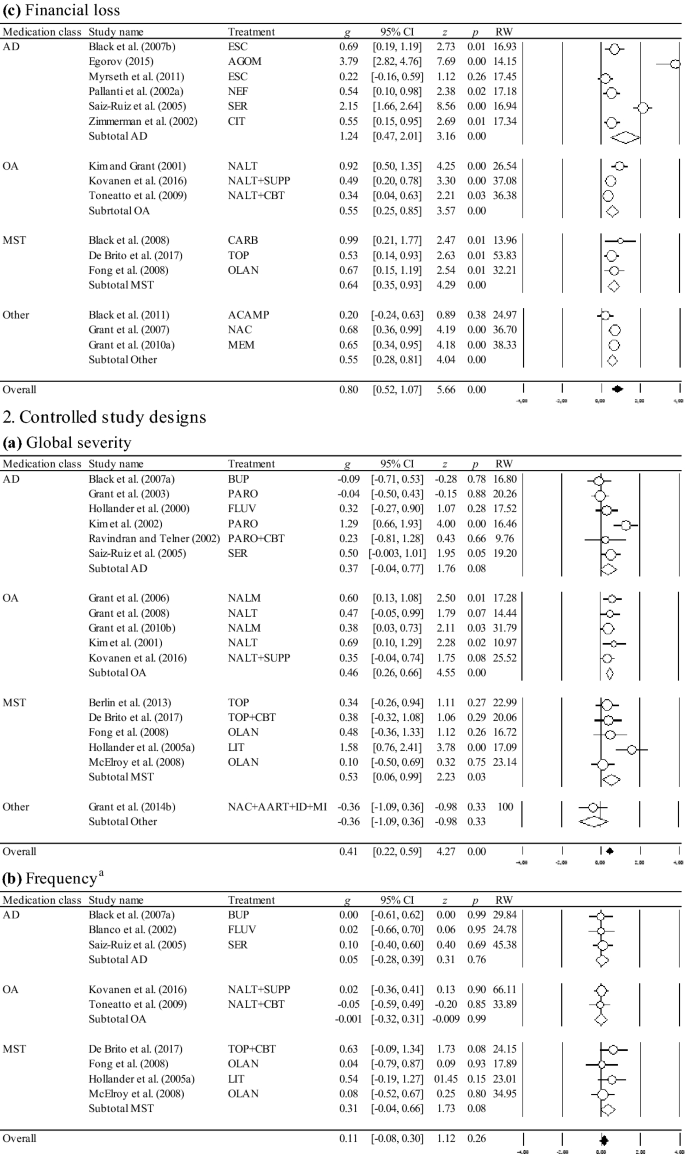- Pathological Gambling A Critical Review Essay
- Pathological Gambling A Critical Review Examples
- Pathological Gambling A Critical Review Example
- Pathological Gambling A Critical Review Article
Inherent throughout is a critical scientific consideration of pathological gambling as both a psychological and a social construct, and an analysis of its definition as a psychiatric disorder. Chapter 3 describes the prevalence of pathological gambling in the United States, making note of complications and limitations in the existing research. A Review of a Review Review of Pathological Gambling: A Critical Review. The contributors to this National Research Council project were drawn from a very impressive list of organizations: the Committee on the Social and Economic Impact of Pathological Gambling, the Committee on Law and Justice, the Commission on Behavioral and Social Sciences and Education, and the National Research Council. With such high prevalence estimates of pathological gambling (see Shaffer et al., 1997, for a comprehensive critical review of the North American gambling prevalence literature), there is an urgent. Pathological gambling (PG) is an addictive disorder with harm related to the high psychiatric comorbidity and increased suicidal risk. Prevalence rates in general population range from 0.2% to 2.1%.

As states have moved from merely tolerating gambling to running their own games, as communities have increasingly turned to gambling for an economic boost, important questions arise. Has the new age of gambling increased the proportion of pathological or problem gamblers in the U.S. population? Where is the threshold between 'social betting' and pathology? Is there a real threat to our families, communities, and the larger society? Pathological Gambling explores America's experience of gambling, examining:
Pathological Gambling A Critical Review Essay
Pathological gambling appeared in the American Journal of Public Health. The National Research Council (1999), having secured the expertise of some of the top gambling researchers, published an important book entitled Pathological Gambling: A Critical Review. These two publications made important connections between.
Pathological Gambling A Critical Review Examples
Pathological Gambling A Critical Review Example
- The diverse and frequently controversial issues surrounding the definition of pathological gambling.
- Its co-occurrence with disorders such as alcoholism, drug abuse, and depression.
- Its social characteristics and economic consequences, both good and bad, for communities.
- The role of video gaming, Internet gambling, and other technologies in the development of gambling problems.
- Treatment approaches and their effectiveness, from Gambler's Anonymous to cognitive therapy to pharmacology.
Pathological Gambling A Critical Review Article
This book provides the most up-to-date information available on the prevalence of pathological and problem gambling in the United States, including a look at populations that may have a particular vulnerability to gambling: women, adolescents, and minority populations. Its describes the effects of problem gambling on families, friendships, employment, finances, and propensity to crime.
How do pathological gamblers perceive and misperceive randomness and chance? What are the causal pathways to pathological gambling? What do genetics, brain imaging, and other studies tell us about the biology of gambling? Is there a bit of sensation-seeking in all of us? Who needs treatment? What do we know about the effectiveness of different policies for dealing with pathological gambling? The book reviews the available facts and frames the intriguing questions yet to be answered.

As states have moved from merely tolerating gambling to running their own games, as communities have increasingly turned to gambling for an economic boost, important questions arise. Has the new age of gambling increased the proportion of pathological or problem gamblers in the U.S. population? Where is the threshold between 'social betting' and pathology? Is there a real threat to our families, communities, and the larger society? Pathological Gambling explores America's experience of gambling, examining:
Pathological Gambling A Critical Review Essay
Pathological gambling appeared in the American Journal of Public Health. The National Research Council (1999), having secured the expertise of some of the top gambling researchers, published an important book entitled Pathological Gambling: A Critical Review. These two publications made important connections between.
Pathological Gambling A Critical Review Examples
Pathological Gambling A Critical Review Example
- The diverse and frequently controversial issues surrounding the definition of pathological gambling.
- Its co-occurrence with disorders such as alcoholism, drug abuse, and depression.
- Its social characteristics and economic consequences, both good and bad, for communities.
- The role of video gaming, Internet gambling, and other technologies in the development of gambling problems.
- Treatment approaches and their effectiveness, from Gambler's Anonymous to cognitive therapy to pharmacology.
Pathological Gambling A Critical Review Article
This book provides the most up-to-date information available on the prevalence of pathological and problem gambling in the United States, including a look at populations that may have a particular vulnerability to gambling: women, adolescents, and minority populations. Its describes the effects of problem gambling on families, friendships, employment, finances, and propensity to crime.
How do pathological gamblers perceive and misperceive randomness and chance? What are the causal pathways to pathological gambling? What do genetics, brain imaging, and other studies tell us about the biology of gambling? Is there a bit of sensation-seeking in all of us? Who needs treatment? What do we know about the effectiveness of different policies for dealing with pathological gambling? The book reviews the available facts and frames the intriguing questions yet to be answered.
Pathological Gambling will be the odds-on favorite for anyone interested in gambling in America: policymakers, public officials, economics and social researchers, treatment professionals, and concerned gamblers and their families.